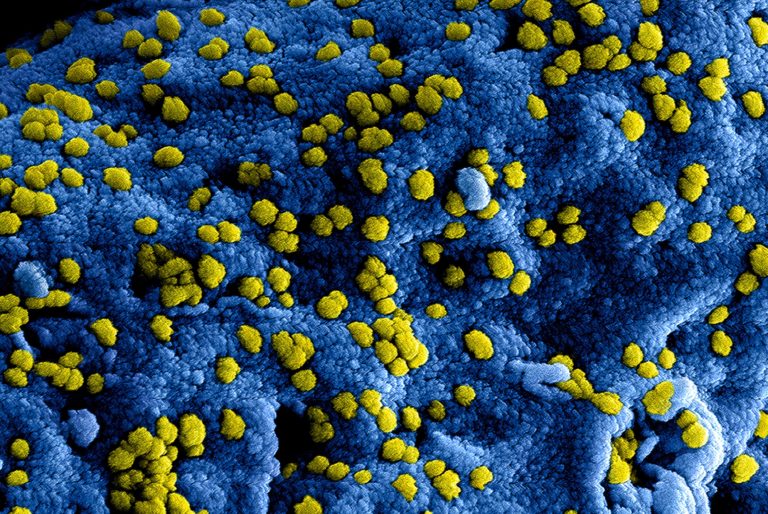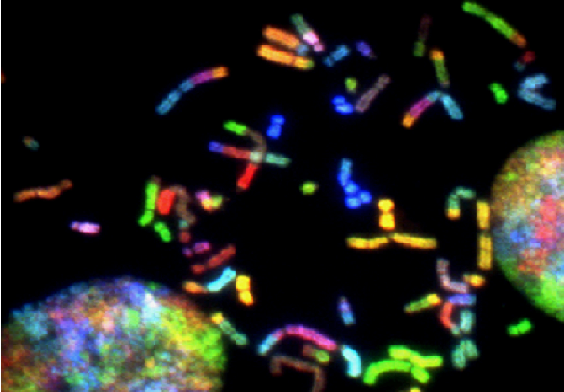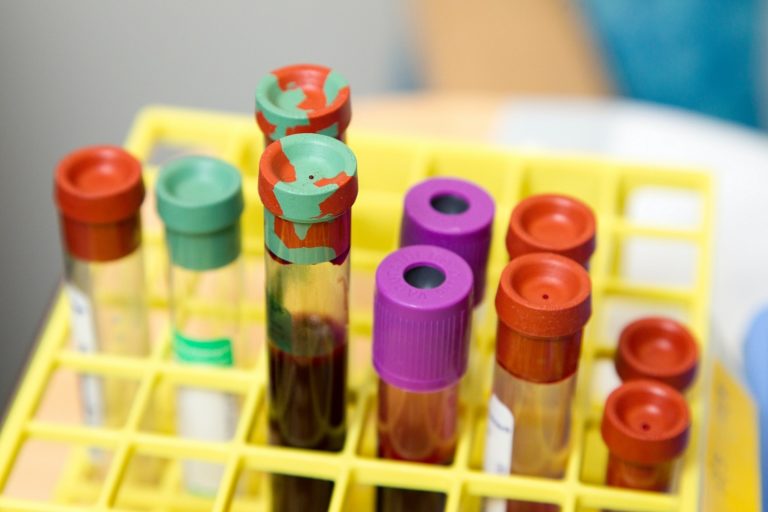July 29, 2022: “The U.S. FDA is providing an update on its multipronged response to monkeypox in the United States, including its efforts in the areas of diagnostics, vaccines and therapeutics.
The agency has also established a dedicated website to provide important information about the FDA’s ongoing regulatory activities related to monkeypox along with frequently asked questions.
The FDA will provide updates as developments occur and will continue to work with federal public health partners and industry to ensure timely access to all available medical counter measures.
“The FDA has been closely tracking reports of monkeypox transmissions in the United States with our federal public health partners and coordinating preparedness efforts accordingly,” said FDA Commissioner Robert M. Califf, M.D.
“We understand that while we are still living with COVID-19, an emerging disease may leave people feeling concerned and uncertain, but it’s important to note that we already have medical products in place, specifically an FDA-approved vaccine for the prevention of monkeypox disease and an FDA-cleared diagnostic test.
The FDA is using the full breadth of its authorities to make additional diagnostics and treatments available.
We will continue to collaborate with our partners across all sectors to expand accessibility to countermeasures and bolster the tools in our arsenal as appropriate.”
The monkeypox virus is part of the same family of viruses as variola virus, the virus that causes smallpox (a virus that has been eradicated globally).
Both monkeypox and smallpox fall into the category of “orthopoxviruses.” Monkeypox is generally not fatal and typically resolves on its own without treatment.
The current outbreak in the U.S. usually presents as a rash on the body, face or genital area.
Although there is a very low risk of dying, there have been reported complications including severe pain, at times requiring hospital admission.
Diagnostics
Since the first case of monkeypox in the U.S. was detected, the FDA has been working with commercial laboratories and manufacturers to make monkeypox tests more readily available to consumers who need them.
The Centers for Disease Control and Prevention (CDC) has an FDA-cleared non-variola orthopoxvirus test that can detect monkeypox by a swab from a monkeypox lesion (rash or growth).
At this time, this is the only FDA-cleared test. The FDA is not aware of clinical data supporting the use of other sample types, such as blood or saliva, for monkeypox virus testing.
In July 2022, the FDA issued a safety communication advising people to use swab samples taken directly from a lesion when testing for the monkeypox virus.
The FDA-cleared monkeypox test is being offered by the CDC and throughout many laboratories that include the CDC’s public health Laboratory Response Network.
In addition, federal public health authorities have worked with industry to make the test available through five large commercial laboratories.
The agency is working closely with the CDC to increase production of its FDA-cleared test and the FDA has cleared the use of additional reagents and instruments to increase the throughput of the CDC test.
The FDA will continue to work with the diagnostic community to augment access to accurate testing to support the response.
Vaccines
In 2019, the FDA approved the JYNNEOS Vaccine for the prevention of smallpox and monkeypox in adults 18 years of age and older determined to be at high risk of infection. JYNNEOS is the only vaccine approved for the prevention of monkeypox in the United States.
Although clinical trials and data are limited because of the small number of cases until now, the immunological response to vaccine administration is consistent with effective prevention of the disease.
Following the emerging public health crisis closely, the FDA was aware that there were close to 800,000 doses of this vaccine pending release this fall following approval of additional manufacturing capabilities at one of the plants where the vaccine is made.
With this in mind, the agency worked with HHS partners and expedited the submission of the required application for the company’s manufacturing changes in order to make these doses available to those in need.
After accelerating the timeline for an inspection of the plant from fall to earlier this month, the FDA has finished its evaluation of the required information to validate product quality and has determined that the vaccine meets its quality standards.
On July 26, the agency approved a supplement to the biologics license for the JYNNEOS Vaccine, to allow for additional manufacturing capabilities at the facility.
Given the emerging public health need, the FDA previously facilitated the shipment of manufactured doses to the U.S. so that they would be ready to be distributed once the manufacturing changes were approved.
With the supplement approval, those manufactured doses may now be further distributed and administered. Additional doses manufactured at this plant can help address the need for this vaccine moving forward.
Therapeutics
There is no FDA-approved or authorized medicine for the treatment of monkeypox disease; however, TPOXX (tecovirimat), an antiviral medication, is being made available through the CDC under an FDA authority called Expanded Access or “compassionate use.”
The FDA continues to work with the CDC to streamline their Expanded Access Program for monkeypox to facilitate access.
There are currently no human data demonstrating the efficacy of TPOXX for the treatment of monkeypox, or the safety and pharmacokinetic profile (which helps us understand what the human body does to a drug).
Although expanded access program is available, conducting randomized, controlled trials to assess TPOXX’s safety and efficacy in humans with monkeypox infections is essential.”









